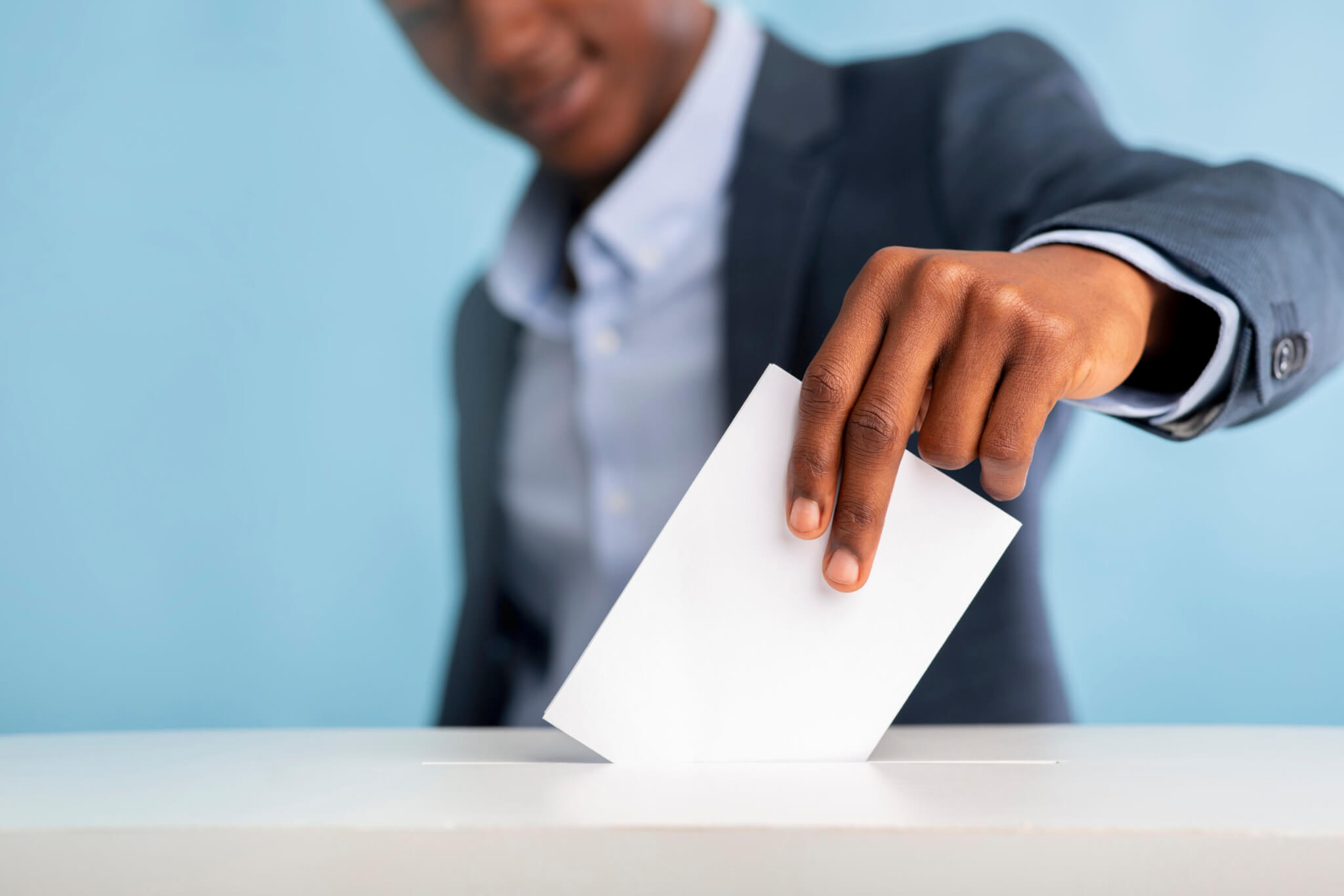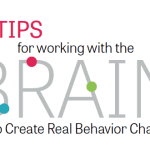This website uses cookies so that we can provide you with the best user experience possible. Cookie information is stored in your browser and performs functions such as recognising you when you return to our website and helping our team to understand which sections of the website you find most interesting and useful.
Resources to Create Engaged Citizens

As learning professionals, we play a vital role in keeping people informed and helping to develop their skills. Citizenry is no different, and with the U.S. election less than 70 days away, we have an opportunity to help people exercise their rights. No matter which country you live in, consider how you can make useful resources and links available to your people and organization to be engaged citizens. In the US, Vote.org is an excellent resource and internationally, visit ElectionGuide.org.
Being engaged can take many forms. Conversations with friends and family members can grow to volunteering for your precinct polling place. The latter might be a challenge, this year, depending on shut-down restrictions in your area. Check out these resources to create engage citizen, and how to help others channel theirs.
Make your voting plan
There’s a lot of concerned talk about the safest ways to vote during a pandemic. Status of mail-in voting wavers between staunch support and entrenched pushback. Social distance guidelines as well as voter ID laws are different in every state. To ensure that your vote counts this election, create your voting plan. Start the process NOW and be prepared to make changes as election day gets nearer. As you take these steps for yourself, consider helping a friend or neighbor get ready too:
- Be sure your registration is valid. To vote in the general election, you need to first register to vote by October 13, 2020. Despite the straightforward nature of registering, there are some circumstances that require vigilance to remain registered.
- Some states purge the voter lists every cycle
- If you’ve moved addresses, even within the same neighborhood, you need to register again
- No typos allowed: some states have restrictive voter ID laws that require exact name matches, down to the letter, between ID’s and registration
Double-check your voting status now, so you're not surprised when it's too late to fix it. You can check your status at Vote.org, or call your county elections office. Keep in mind that if you don’t register to vote by October, 13, 2020, you will not be able to vote.
- Send in your absentee or mail-in ballot immediately. In most states, it’s required that you request your mail-in ballot at least ten days before the election. Request your ballot early, and send it in immediately. See Vote.org for rules in your state.
- Hand in your ballot to a certified location. If you plan to vote by mail but you still have your ballot close to Election Day, and if you are worried about mail service in your area, hand in your ballot yourself to a certified location. You can find these listed at Vote.org, and your county elections office website.
- Watch for changes in your polling location. If you will be voting in person, look up your polling location in advance (they can be changed between seasons as well as last minute, and voters are not always notified of the changes). While you’re looking it up, check out the parking situation and be sure you can park as long as it takes to vote, if you’re driving.
- Be sure to bring a valid photo ID with you, and... keep reading here for two more crucial pieces of information: Check your state for what forms of ID they will accept at the polls, and get that ID in advance of Election Day. And here’s a tip from voters who have been dropped off the rolls unexpectedly, in addition to your official ID, bring a current utility bill that states your name and address.
- Prepare to wait in line. Because of reduced numbers in polling workers and locations, lines may be long. Some have reported they have waited hours to cast their vote. So, bring a folding chair, wear comfortable shoes, pack snacks, dress for the weather, and of course, wear your mask and bring hand sanitizer.
Your voice is important. Your vote is your voice. Don’t lose your chance to use it.
Join MomsRising and Reclaim Our Vote to get out the vote
If you're a mom (or someone who loves them), check out MomsRising.org. You can sign up to receive and send beautiful get-out-the-vote postcards to moms in other states, reminding them to vote. You can also send postcards through the nonpartisan Reclaim Our Vote Campaign, which gets out the vote in states with a long history of voter suppression. If you're a senior, check out this voting guide.
Track democratic engagement around the world
For voting news and activity in over 100 countries around the world, check out ElectionGuide.org. The site tracks elections held worldwide, clocks how many people have voted this year, and offers updates on measures taken to mitigate Covid-19 in this year’s election cycles. Ever wondered when elections are held in Kyrgyzstan? Or what New Zealand is voting on in September? Witnessing the uniqueness across the spectrum of international elections is a great way to give context to voting at home, wherever home is for you.
Dialogue across political lines
Beyond Your Bubble: How to Connect Across the Political Divide, Skills and Strategies for Conversations That Work is a great new resource out this month by Dr. Tania Israel, Professor of Counseling Psychology at the University of California Santa Barbara. In this politically neutral book, Dr. Israel asks readers to identify what their motivations are for having conversations about politics with friends, family and others, and then she lays out skills and practices for connecting meaningfully. She is also offering online workshops that would be a great addition to your fall calendar. After the 2016 U.S. election, Dr. Israel recognized the intense political divide was affecting family members and coworkers and separating people in sustained and painful ways. She developed workshops for participants to explore what it takes to understand one another in conversation. Her book and forthcoming online workshop are the positive result.
Mind political talk at work
It’s hard to not get drawn into political fervor when it’s in the headlines all the time, especially when the news leans on being emotional and divisive. When you’re at work, be conscious about how you engage. Even throw-away comments can land personally on coworkers. Recognize that everyone has a right to their opinions, and that it’s in people’s best interests to confine partisan opinions to engagement outside of work time and relationships. Of course, if your job and workplace is politics itself, or party-adjacent, go for it. It’s easy to get single-focused in election season. In a similar way that Dr. Israel, author of Beyond Your Bubble, suggests practicing dialogue with nonpolitical topics, Dawn Rosenberg McKay, of TheBalanceCareers.com, suggests making a list of conversation topics to talk about at work, instead of politics.
The right to vote is considered sacred by many. Because it bears so much on the lives of some countries, politics are the central point of conversation for whole populations on a regular basis. Add your voice. Exercise your right to vote. What does engagement look like for you? What are some other resources to create engaged citizens? I’d love to see your suggestions. Follow me on LinkedIn or Twitter.
Related Blogs
JOIN OUR COMMUNITY
Be the first to know of Dr. Britt Andreatta's latest news and research.






